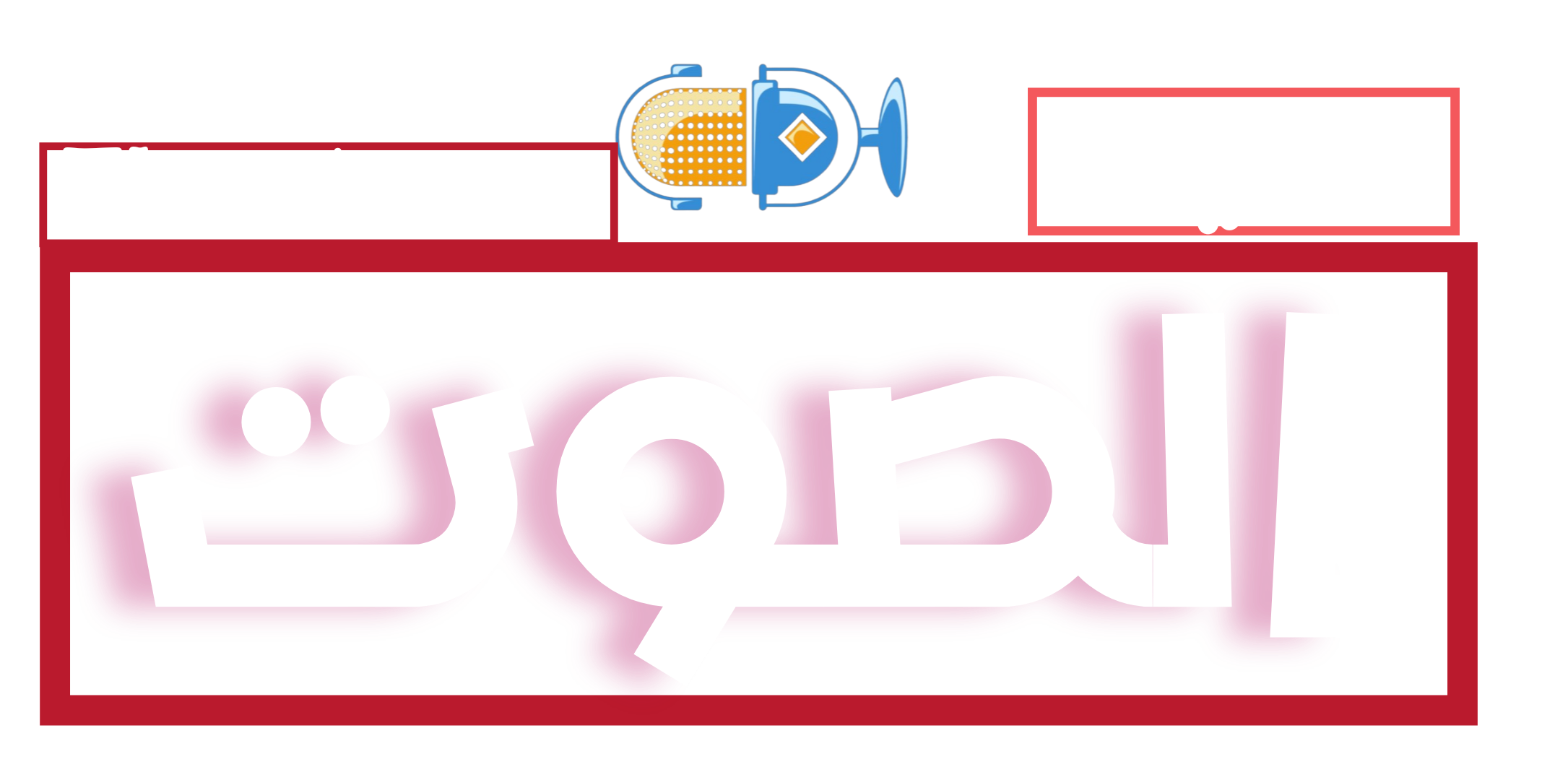Ali Chaouk maintains he was having dinner with his wife and her mother when family rival Mohammad Haddara was gunned down 13 years ago.
He claims jurors were wrongly told his wife and mother-in-law had lied about his alibi before deciding his guilty verdict in 2018, the Court of Appeal heard on Friday.

A decade after the murder, Chaouk was jailed for 24 years after his wife’s cousin, Ahmed Hablas, gave evidence against him at the trial.
He must serve 18 years before he becomes eligible for parole.
The Chaouk and the Haddara families have a lengthy history of animosity and the shooting occurred after an argument about a borrowed Mercedes.
Hablas initially confessed to the killing but recanted before standing trial, saying he had confessed out of fear.
He was acquitted by a jury in 2011.
Chaouk, who appeared in court by video link from Barwon prison, has always maintained his innocence.
His barrister Peter Lange argued Chaouk’s conviction should be overturned due to “special and compelling circumstances” regarding the use of his wife and mother-in-law’s alibi evidence during the trial.
“It was suggested in the closing address by prosecution counsel that both of these ladies had lied,” Lange told the court on Friday.
“The jury had to consider, in order to convict the applicant (Chaouk), the evidence of both the partner and the mother-in-law.
“Because if that evidence raised doubt, the prosecution’s case failed.
“There was a very real risk of misuse of the rejection of the alibi evidence, so as to give rise to special circumstances.”


Lange said the women’s alibi was consistent with what his client had told police when he was interviewed.
He alleged the jury was not properly directed by the trial judge about how to deal with the case if they concluded Chaouk, his partner and her mother had lied about the alibi.
Further, he argued if the jury had found they had lied then jurors would been more likely to accept Hablas’ account at the trial.
“In other words, a tendency to cause people to lie on his behalf to avoid a finding of involvement in the shooting and therefore giving credence to the account given by Hablas,” Lange said.
“That would be an entirely inappropriate mode of reasoning.”
Crown barrister Chris Boyce said the trial judge’s directions to the jury were carefully curated and that Chaouk’s lawyers did not ask for the direction about the alibi evidence.
Had the jury been given this direction, Boyce said it would not have helped Chaouk’s case.
Justices Geoffrey Priest, David Beach and Stephen McLeish reserved their decision.

التعليقات